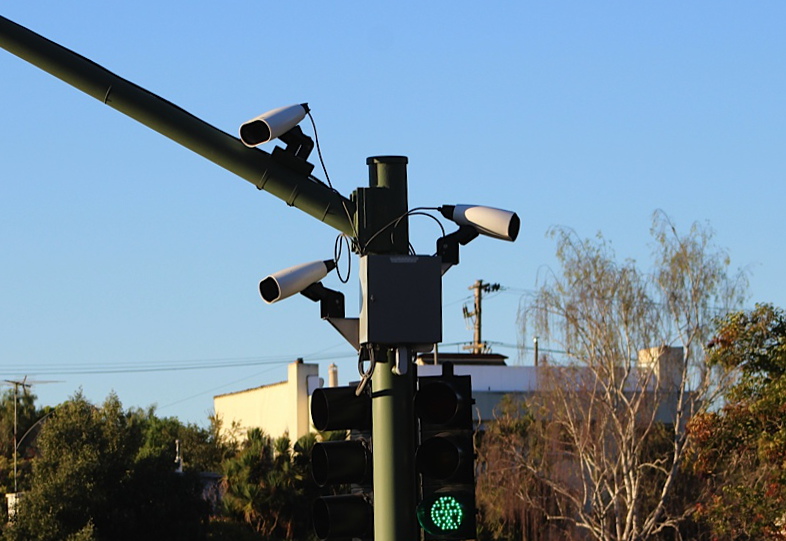Police Chief Jeremy Bowers provided the Public Safety Committee with updates to the expansion of the ALPR program, approved by City Council on July 1. The expansion will include installation of five new Automated License Plate Recognition (ALPR) cameras and replacement of the ALPR cameras on Grand and Wildwood Avenues. The expansion will cost the same as reported: $113,358.31.
Piedmont Police Department is working through the logistics of setting up ALPR cameras at the new locations. This involves working with Alameda County to pull up infrastructure and power for the cameras and scheduling appointments with vendor PIPS Technology.
“We don’t have a timeline on when all the locations will be up and operational,” Bowers said. “Conservatively, I’ll say three to four months.”
Bowers added that as soon as he has a timeline, he will publicly announce the dates.
The Public Safety Camera Subcommittee made the decision to push the original release date (Monday, August 5) of the Public Safety Camera survey, which will be gathering community input about the proposal. The new release date is Tuesday, September 3. According to Bowers, the proposal will be presented to City Council in October. The survey was pushed because of the need to tweak the questions and information to ensure objectivity.
“We really want this survey to be objective and not slant in any direction,” explained Bowers. “At the end of the day it’s about getting the public’s sentiment on it as a useful tool and metric the City Council can consider as they make their decision.”
Residents can expect around 15 questions which will serve the purpose of communicating the proposed Public Safety Camera program aspects and what already exists in the technology. The survey will also have information about the factors behind the proposed locations for the cameras – including “the areas where PPD is seeing different types of crime rates, areas of ingress/egress and high traffic areas.”
Bowers stated that there might be a question about signage that would accompany the cameras – both ALPR and Public Safety – so that it is “apparent that the area is under surveillance.” Signage would require approval from City Council.
In regards to the policy to access surveillance camera footage, Bowers gave no clear answer. He said that the “policy would be a topic for City Council to consider” and that it might be discussed at, or possibly after, the City Council meeting in October.
